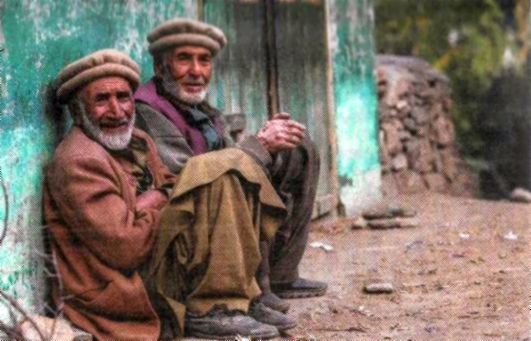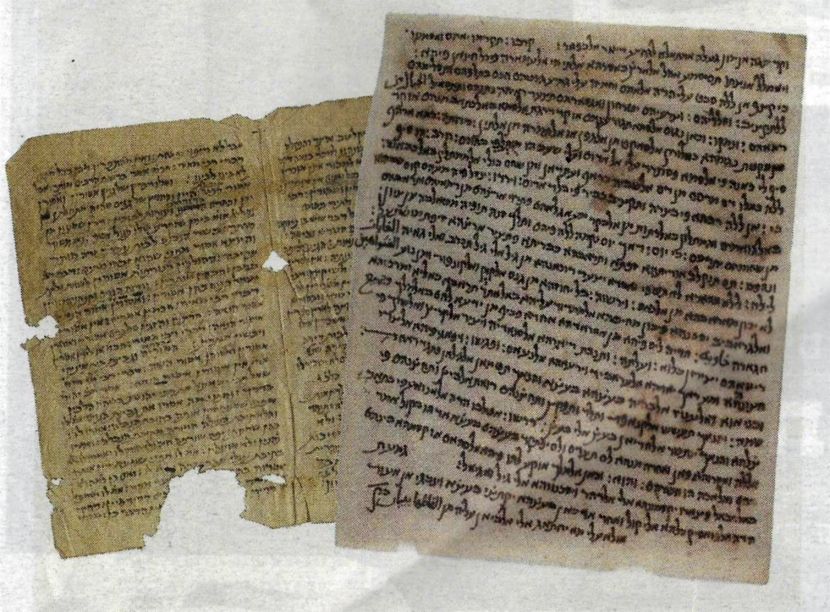Afghanistanians

The Pashtuns — even if the process of many years of assimilation and Islamization has rendered them as non-Jewish — still adhere to certain customs common among them which are similar to Jewish customs.
They light candles on Friday before sundown (they refer to Friday by its Arabic name and Shabbos as 'Shamba'). They don't do laundry on Shabbos; they immerse themselves in a mikveh, wash their hands, salt their meat and cast out eggs with blood. They face Jerusalem in their prayers, weaving back and forth. They circumcise their sons on the eighth day, accompany guests, and bury their dead ritually, on the same day, and observe laws of mourning such as not listening to music or attending simchas. They do not shave or buy new clothing during the mourning. They also sprinkle earth on the blood of slaughtered animals.
Their children assume the Moslem faith at the age of twelve and thirteen but are careful not to marry outside of their tribe so as not to assimilate. They bear Jewish names like Yaakov, Yisrael, Channan, Binyamin and Aharon. There is a region in their country called Zevulistan - the land of Zvul.
The Pashtuns, numbering today some 40 million, are the largest tribal society in the world, constituting the majority of the Afghanistan, a third world country. They live in substandard conditions, like natives or Middle Age people, without electricity or plumbing and in extreme poverty. In some cases, parents even sell their children for a few thousand dollars. They live in war-stricken areas, suffering many fatalities and a have a high percent of widows and orphans.
Some documents from a trove of historical Jewish Afghanistani documents at the Hebrew University

The writer Ben Zion Yerhoshua Raz tells us, "Their oral and written traditions regarding the history of the Afghani nation, which refers to itself as Bnei Yisrael, is a mixture of legend and reality."
He is a researcher of Jewish people throughout the greater Iranian territory, which includes ancient Persia. He himself is a descendant of an Afghan family whose roots from his father's side have always enjoyed a family penchant for historical research.
His grandfather, an itinerant peddler between villages, was murdered by Afghan brigands. His father ran away from home at the age of 13, reaching Israel after two arduous years of travel by foot.




